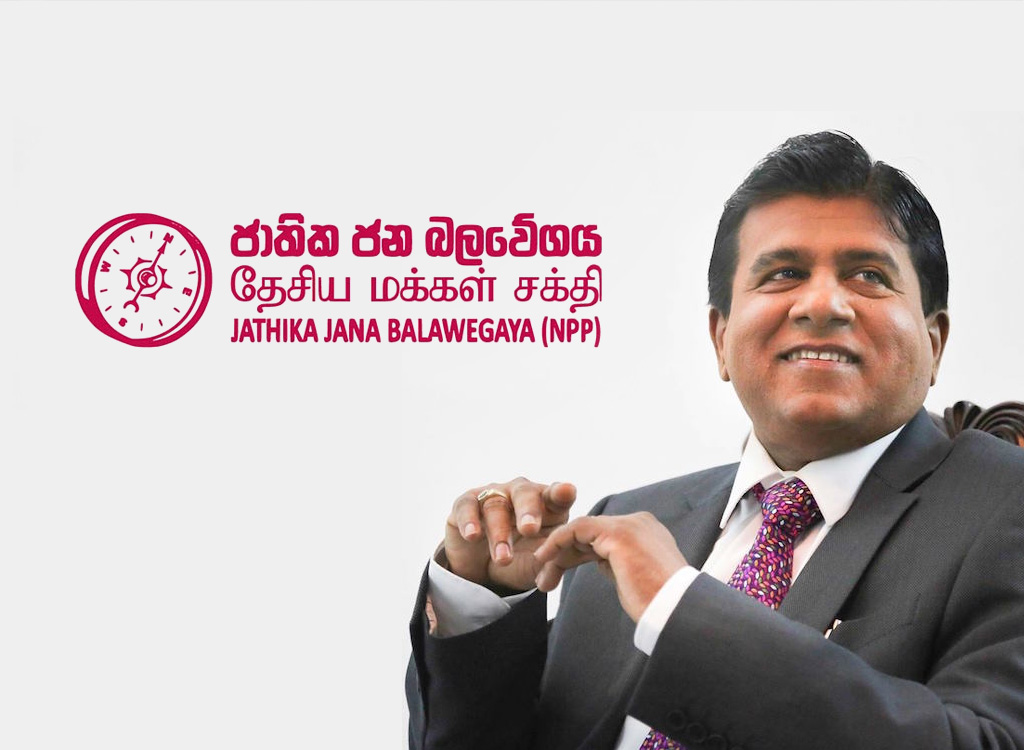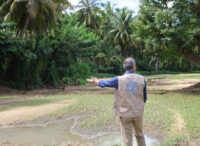Former Justice Minister Dr. Wijeyadasa Rajapakshe says that the National People’s Power (NPP) government cannot evade accountability under the Anti-Corruption Act No. 09 of 2023, calling it one of the most significant legal reforms enacted in recent political history.
In a detailed statement, the former parliamentarian stressed that the law makes it compulsory for the Commission to Investigate Allegations of Bribery or Corruption (CIABOC) to disclose asset declarations of all public officials, without exception. “The recent revelation that Minister Wasantha Samarasinghe holds assets worth Rs. 275 million would not have come to light if not for this Act,” Rajapakshe noted.
He added that the main opposition, the Samagi Jana Balawegaya (SJB), has already written to CIABOC requesting an inquiry into the wealth of several NPP politicians, naming six current ministers and deputy ministers. “The NPP will have to live with it. CIABOC must ensure that everyone is treated equally,” he said.
Reflecting on the law’s origins, Rajapakshe revealed that President Ranil Wickremesinghe had authorised the introduction of three landmark pieces of legislation — the Anti-Corruption Act, the Regulation of Election Expenditure Act, and the Proceeds of Crime Act — despite resistance within the ruling coalition. He said these reforms were pushed through in the wake of the 2022 Aragalaya protest movement, which he credited for creating the political space to implement overdue structural change.
The Anti-Corruption Act was passed without a vote on 19 July 2023, while the Proceeds of Crime Act, though delayed under Wickremesinghe’s presidency, was eventually passed by the NPP-led government on 8 April 2025. The Election Expenditure Act faced more resistance — passed narrowly in January 2023 with only 97 votes in favour and 36 against, and 92 MPs absent. Among those opposing it were prominent opposition leaders including Anura Kumara Dissanayake, Sajith Premadasa, and Lakshman Kiriella.
Rajapakshe also pointed to the international support the reforms have attracted, including a $2.5 million funding package from Japan via the UNDP and ongoing discussions between CIABOC and the World Bank.
Rajapakshe traced Sri Lanka’s anti-corruption efforts to 2004, when the country signed the UN Convention Against Corruption (UNCAC) under President Chandrika Bandaranaike Kumaratunga. Progress stalled under successive administrations, he said, due to shifting political priorities including his own removal as Justice Minister in 2017 over his opposition to the Hambantota Port deal.
Rajapakshe further highlighted the passage of the 21st Amendment to the Constitution in October 2022 as a turning point in rebalancing the powers of the executive, legislature, and judiciary — a critical step, he argued, before passing the three major anti-corruption laws.
He also acknowledged that the post-Gotabaya administration had taken meaningful steps toward restoring public trust.
“Whatever its flaws, that administration enacted transformative legislation which now holds even the current government accountable,” he said.











Leave a comment